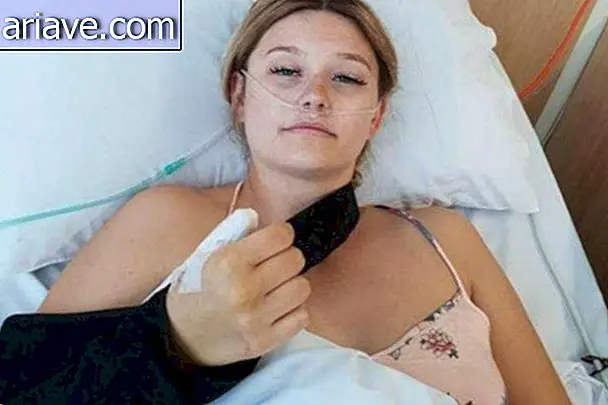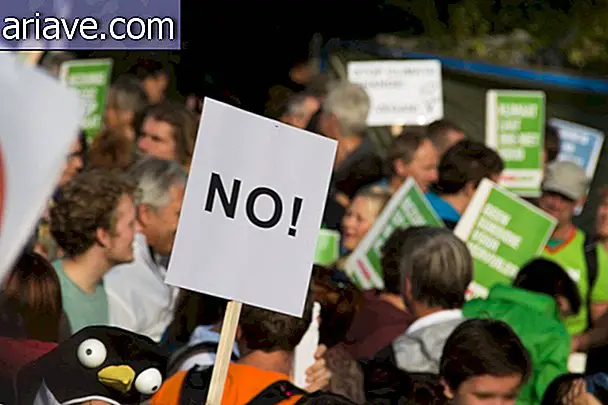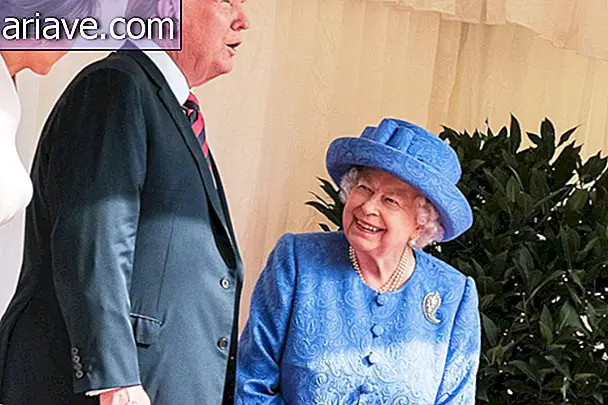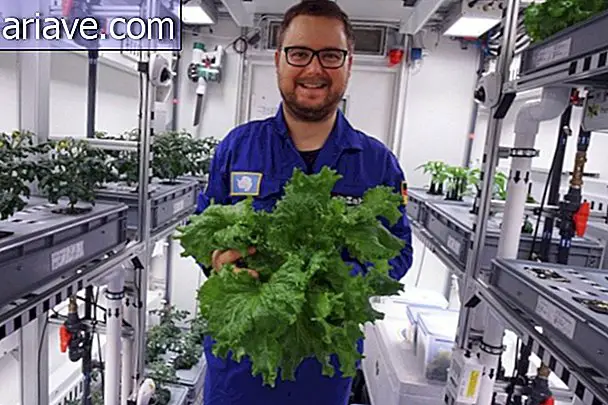Why is vaccination against polio and measles important?
1986 was a magical year for many Brazilian children of the time: they won a hero and a queen at about the same time. Don't know who we're talking about? Zé Gotinha and Xuxa, of course! The character was created to encourage the polio vaccination campaign, while the host earned the title by switching stations and dominating mornings Monday through Friday across the country.
Less than a decade later, in 1994, Brazil received the certification of the free circulation area of wild poliovirus, granted by the Pan American Health Organization (PAHO). And look how polio had not been registered in the country since 1990. A great advance that we must be proud of today.
We jump to 2018 and what do we have? The fakes news. Increasingly, people who grew up immune to disease from the 1980s and 1990s campaigns no longer vaccinated their children on the basis of absurd news that should have no credibility. This is a global phenomenon, and in 2016, UNICEF estimated that nearly 13 million infants had no access to vaccination worldwide - an index of 10% of all babies.

2018 Vaccination Campaign
From the 1980s onwards, much has changed: heroes have multiplied, the queen has changed stations and some eradicated diseases are once again haunting medicine and especially the lives of parents and guardians who do not vaccinate their children. Measles, for example, has had an outbreak in Venezuela and entered our country by the Venezuelan refugee migration movement.
To prevent this from becoming a problem here, the awareness gained three decades ago must be brought back to life. For this reason, Ze Gotinha and Xuxa have returned to show what icons are forever. And they gained the reinforcement of the Pintadinha Chicken, the new queen of the little ones, to encourage vaccination.
The Ministry of Health is campaigning against polio and measles this month and will hold an immunization D-Day on Saturday, the 18th. ALL children from 1 to 5 years old are called, even those who have already been vaccinated. And your guardians shouldn't forget the book, huh? For more information about the campaign, visit saude.gov.br/vacinareproteger

Why is vaccination against polio and measles important?
Polio is an infectious disease caused by poliovirus types 1, 2 and 3, and presents with sudden muscular paralysis, especially of the lower limbs - because of this, it is popularly called infantile paralysis. Evolution is usually rapid and, once acquired, has no cure. Therefore, immunization needs to be done as early as possible to avoid exposing the children to this risk.
The most common symptoms of polio are sore throat and headache, vomiting, malaise, muscle stiffness and meningitis. Not all cases lead to paralysis, but when this happens, symptoms such as severe muscle aches and sagging limbs are noted in the infected. More serious situations can result in the death of the person.

Measles is also a serious and extremely contagious viral infectious disease. In 2016, Brazil received PAHO's certificate of elimination of the circulation of the virus, but recent outbreaks in Venezuela, and consequently in Roraima and Amazonas, have kept doctors on alert.
The main symptoms of measles are high fever, headache, red spots on the body, cough, runny nose, conjunctivitis and white spots on the oral mucosa. In severe cases, especially in poorer regions, malnutrition can contribute to more severe conditions, which even lead to death. You can't lose your life for a disease that is already under control, right?

***
Do you know the Mega Curioso newsletter? Weekly, we produce exclusive content for lovers of the biggest curiosities and bizarres of this big world! Register your email and do not miss this way to keep in touch!











